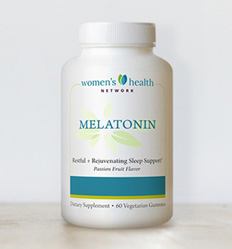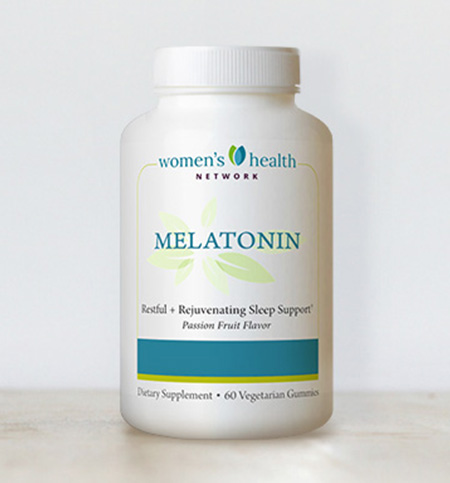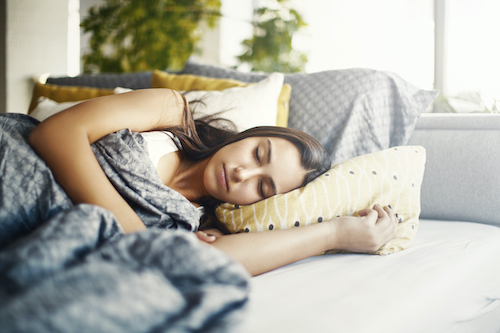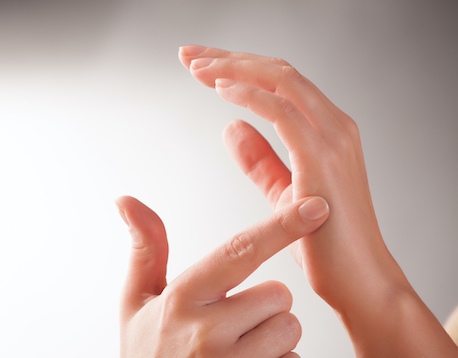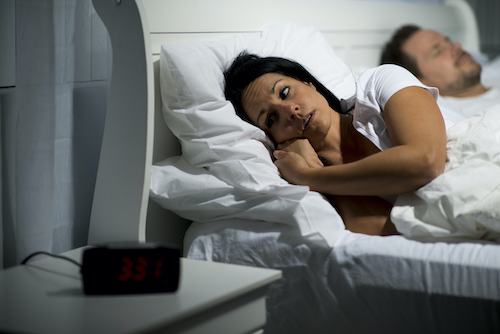Authored by Dr. Sharon Stills, NMD
Sleep is integral to our health, both physically and psychologically. While we sleep our bodies repair muscle and tissues, consolidate memory, release hormones for growth and appetite, and much more. In fact, sleep is as important as food and water.
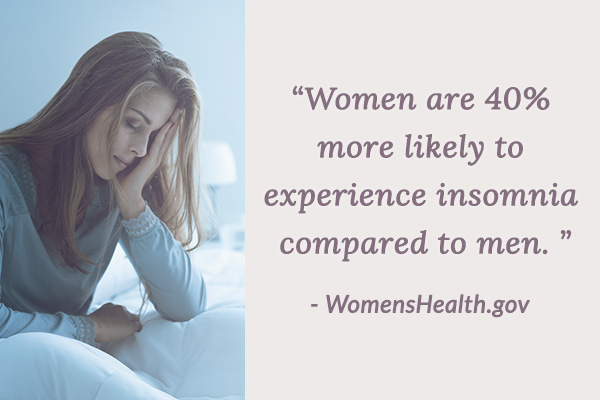
Without regular sleep, the aging process is accelerated, our brains aren’t as sharp, we’re more likely to gain weight and our overall wellness can plunge. We all know how devastating it is to be awake night after night while the rest of the world slumbers. Insomnia is defined as difficulty falling asleep or staying asleep and, unfortunately, the more you don’t sleep the more anxiety you have about it.
What is at the root of your insomnia? Finding this information is an important step because it will determine what the best solution is.
Here are the top five causes of insomnia:
1. Stress and anxiety. Stress and the hormones it releases, cortisol and adrenaline, are major causes of insomnia. Cortisol naturally rises and falls in concert with the circadian rhythm, but a bad day at work, a difficult relationship or even staring at an electronic screen for hours can cause unhealthy spikes in this “alert” hormone. Long-term stress is especially detrimental for sleep because cortisol rhythm is thrown off, keeping you up at night and leaving you exhausted when it’s time to get up in the morning.
2. Medications or medical conditions. Certain conditions are linked with insomnia and waking in the night, such as indigestion, arthritis, cancer, hyperthyroidism, lung disease and post-traumatic stress disorder. Any condition that causes pain, difficulty breathing or frequent urination can keep you up at night. Some medications can also prohibit sleep, including various antidepressants, allergy treatments, corticosteroids and blood pressure medications. Many over-the-counter pain medications, decongestants and weight-loss pills contain caffeine or other stimulants, which can also block sleep.
3. Food and drink. We all know caffeine keeps us awake (which means chocolate, coffee, cola and certain teas should not be consumed before bed), but alcohol can also disrupt sleep. While drinking alcohol can increase the length of the initial phase of sleep, known as slow-wave sleep, which promotes healing and regeneration, it disrupts REM sleep, so you wake up around 2:00 am or 3:00 am. This early morning sleeplessness is not only frustrating, but prevents important REM activity, such as dreams, memory storage and learning. Eating poorly and yo-yo dieting are also sleep saboteurs, primarily because diets like this often leave out certain key vitamins and minerals that help with sleep. Those who don’t get enough Vitamin C, calcium, magnesium or B-vitamins may also have trouble with insomnia.
4. Hormonal imbalance. Women are often more vulnerable to insomnia than men due to hormonal shifts during pregnancy, PMS, perimenopause and menopause. Hormonal fluctuation can disturb sleep on its own, but add in hot flashes and night sweats and you can forget about getting a good night’s sleep. Some experts believe that shifting estrogen levels can affect how much melatonin (the sleep hormone) our bodies make and how we respond to it.
5. Bad sleep hygiene. The brain releases sleep hormones like melatonin when we are exposed to darkness, when we are in a comfortable space at the right temperature and when we’re feeling calm. Yet many of our pre-bedtime routines involve bright lights, loud noises, exposure to electronics, rushing to finish chores and staying up past the point of feeling tired. These factors all disturb your body’s ability to prepare for sleep by increasing “alert” hormones like cortisol. Often bedrooms are used as offices or they’re cluttered and noisy, making it even harder for the brain to release its calming sleep hormones. Poor sleep hygiene is a common factor when it comes to insomnia, but it is also the easiest one to fix. For more information, see our article How to sleep through the night.
Insomnia can affect your daily life, your health and how quickly you age. If you are struggling with sleep, we will help you restore your natural sleep rhythms — for good. With a soothing, easy-to-take herbal product that aids in reducing cortisol, a melatonin supplement, an eGuide packed with helpful sleep tips and phone access to our Advisors, this approach helps you resolve insomnia so you can rest easily every night. Imagine how wonderful it will feel to wake up refreshed and rejuvenated!









